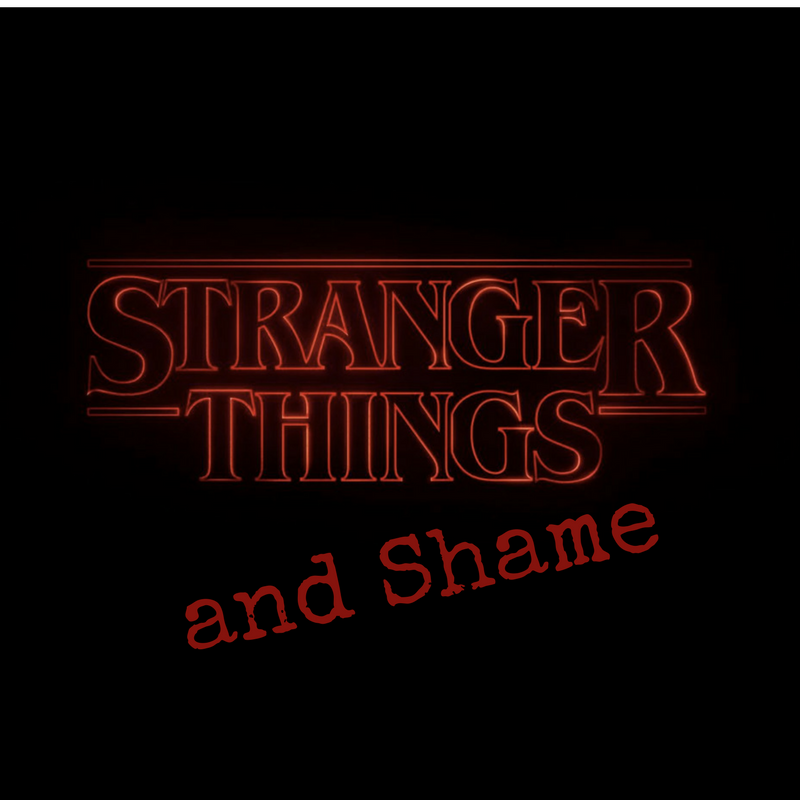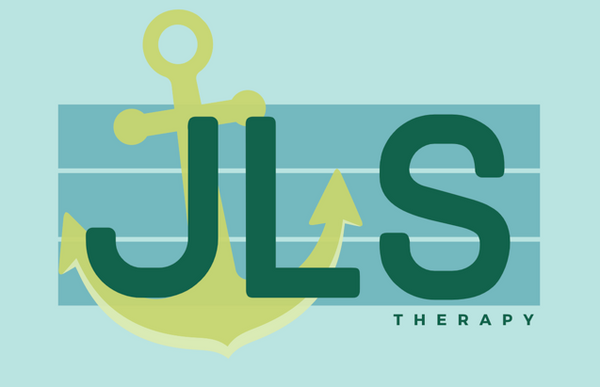
Stranger Things and the Pain of Shame
If you're a fan of the Netflix hit Stranger Things, this parallel to the experience of shame may make sense to you. I need to issue two warnings out of the gate, however. First, if you're into the show but not yet caught up on season 2, this post might spoil it for you so read on cautiously. Second? I don't typically write fandom type posts and usually fail to remember even the most epic details of a movie or a show - but a binge watch of both seasons has latched on to me like... well... like the Shadow Monster. The only way to shake it? Write about it!
Actually, I've been reading a lot about shame recently. I'm currently reading Understanding and Treating Chronic Shame: A Relational/Neurobiological Approach by Pat DeYoung (You can buy it from Caversham Booksellers here or from Amazon). I'm also someone who is not immune to shame spirals of my own, so my recent reading coupled with also being human really spelled this out for me (and Christmas lights weren't even needed)!
Much like my recent post suggesting anxiety needs light shed on it, DeYoung talks about how shame needs light and air in her book.
How does this relate to Stranger Things?
Well, enter Will.
Will spent time in the Upside Down. A place that looked like a haunting, dank copy of his home town of Hawkins. This place - the Upside Down - is devoid of human life, instead being overgrown with ropy, root-like tendrils and biological membranes covering practically every surface. (source) But let's back it up - Will was actually missing and then eventually assumed dead. It can be really hard to live out in the open with your shame crowding and choking you.
The portals to and from this Upside Down were ruptures - or wounds. Wounds that, if they weren't healed and closed would only enlarge and grow more powerful. And this shadow monster? It was GIGANTIC. A big giant shame monster in a dark, hidden place born of ruptures and wounds sounds exactly like the unfortunate reality of so many folks.
Shame thrives in the dark, secretive worlds we create to hide in. Will's mother didn't give up on him, though. She felt that he was alive. She was willing to do anything in her power to try to get through to him - even though he was in a literal alternate reality. Will's ability to talk to his mom from this place of darkness and hiding was really limited - you might even say specifically that it was non-verbal.
Aside from tricky-to-talk-about, shame can be very suffocating and debilitating. When the Mind Flayer/Shadow Monster (from the Upside Down) literally entered Will's body, Will eventually gave in to the desires of the monster, feeding it what it wanted, and continuing to keep it a secret that the possession (or shame event) ever happened. It took a lot of work from his support system to actually get at what was going on for Will. (content note: the video below may be disturbing as it shows the possession of Will by the shadow monster)
In fact, in complete opposition to the light and air that's needed to work through and ease shame, Will insisted on providing the most optimal environment for the monster to continue to thrive and control in. The Shadow Monster's weakness? Heat & Light. Shame's weakness? Air & Light. One might expect it's easy enough to just kill the monster, right? But the heat and light, when applied to monster within Will, caused him excruciating pain, making it a really delicate balance of how much heat/light/air to apply.
One of the most remarkable moments of parallel for me, was when a tearful Will describes this monster inside of him as a feeling. Despite it being obvious that he really wanted this feeling to end, he was overcome by it and the monster (shame) grew stronger.
Shame is a really big and hard feeling, too. And one that also requires a delicate balance of light and air in a safe and trusted environment with someone who can listen empathically without judgement while you work through it one word - or expression - at a time. Talking with a therapist can be that light and air needed to eventually release or ease the grasp of the shadow monster that is shame. And when talking is still too tricky, there are other ways to communicate through expressive arts non-verbally.
If you're dealing with your own shadow monster, or would like to share your thoughts and feelings on this post, please drop your comments on my Facebook page or feel free to contact me here.
